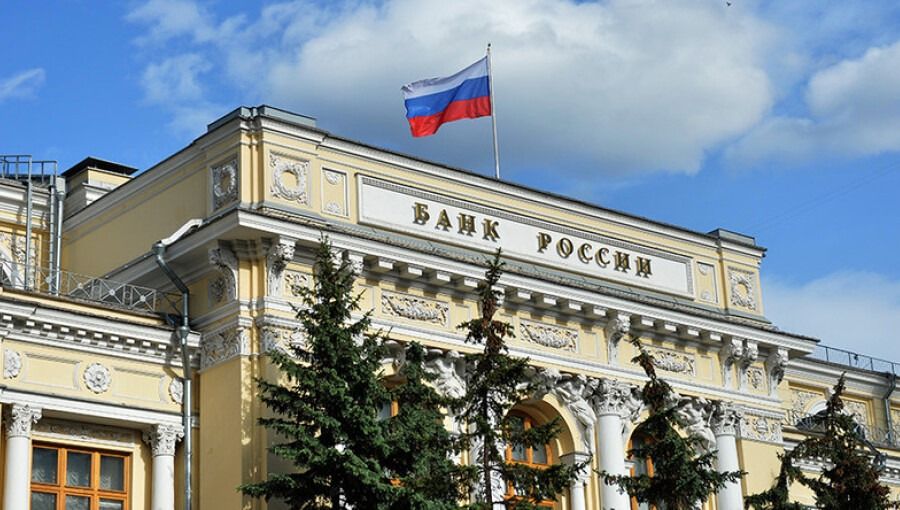Rahman Qahramanpour referred to Russia’s remarkable success in dealing with EU and US sanctions. He noted that one important point should be taken into account when examining this issue, and that is that Russia is the largest country in the world and has many facilities at its disposal. From the outset, it was believed that the United States and the European Union could not fully apply their sanctions against Russia, and Moscow’s ability to bypass the sanctions was unsurprising.
Russia bypassed the sanctions in response to the question of how and at what cost. At the same time, it continues to fight with Ukraine. He stated: The ships that sell Russian oil get out of the American and European range by turning off their detection systems, and according to incoming reports on this case, the number of ships that turn off their detection systems is very high.
Naturally, Russian oil is sold in unconventional ways, which has a significant cost for Russia. In any case, it discounts the sale of oil and incurs costs in identifying the buyer. Therefore, this work is not without cost for Russia, but to what extent it can pay this cost and whether the continuation of this process is in its interest or not is another discussion; however, bypassing the sanctions is not done in the normal process, and in the long run, it will definitely affect the Russian economy negatively.
This expert on international issues continued: It is also worth considering that the European Union, in imposing sanctions against Russia, has announced that the member states of the Union are free to overlook part of the sanctions according to their interests; for example, Hungary, Greece, Cyprus and Malta have requested to be exempted from joining the sanctions due to their weak economy, and as we can see, an important part of the ships that sell Russian oil dock in Malta; hence the issue that the European Union is not serious in imposing sanctions and allows its members to follow suit is effective in Russia’s resistance and resilience against the sanctions.
Qahramanpour stated: In addition, the United States is partially overlooking the sale of oil by Russia and some embargoed countries to regulate the oil market and prevent a rise in oil prices due to the conflict in Ukraine and Gaza in recent months.
In response to a question that, some people thought the Russian economy is likely to collapse because it is under the control of the government and due to Moscow’s entry into the Ukraine war. The expert noted: What was discussed from the beginning was not the collapse of the Russian economy, but its weakening. The economy has been affected by the war in Ukraine. So far, more than 200 billion dollars have been spent on the war in Ukraine, and this figure is very high for Russia, which is a medium-sized economy.
Perhaps today, considering the state of the war between Russia and Ukraine, the effects of the said figure are not evident, but in the coming years, its effects will be seen more transparently, including in the reduction of foreign investment and the exit of foreign companies from Russia. Perhaps this is why America and Europe, in their analyses, do not dedicate a special place to Russia in global interactions, because they believe that it will be possible and easier to contain Russia with these problems.
Referring to the social and economic consequences of the war in Ukraine in the coming years and Russia’s predicament from this point of view, he said the demands of the families of the dead and the disabled, the costs, protests, and numerous health and welfare implications would definitely be a problem for Moscow in the coming years and these issues should be taken into account in the future analysis of Russia.
Regarding the state of the economy and Russia’s view of the future, especially in 2024, the expert on international issues stated that this was due to the decrease in Russian military equipment reserves. Assuming that an agreement will be reached on the Ukraine war, Moscow is forced to devote part of its economy to producing military equipment in the future. This means that Russia’s focus on other economic, political, and international sectors will decrease, especially the Russian economy, which will become more militarized than in the past. This is while powerful countries face challenges and compete in important fields like artificial intelligence. It is one of the critical issues and concerns of the world’s prominent leaders. Naturally, in this situation, Moscow lags behind this process and has to make a difficult choice.










0 Comments